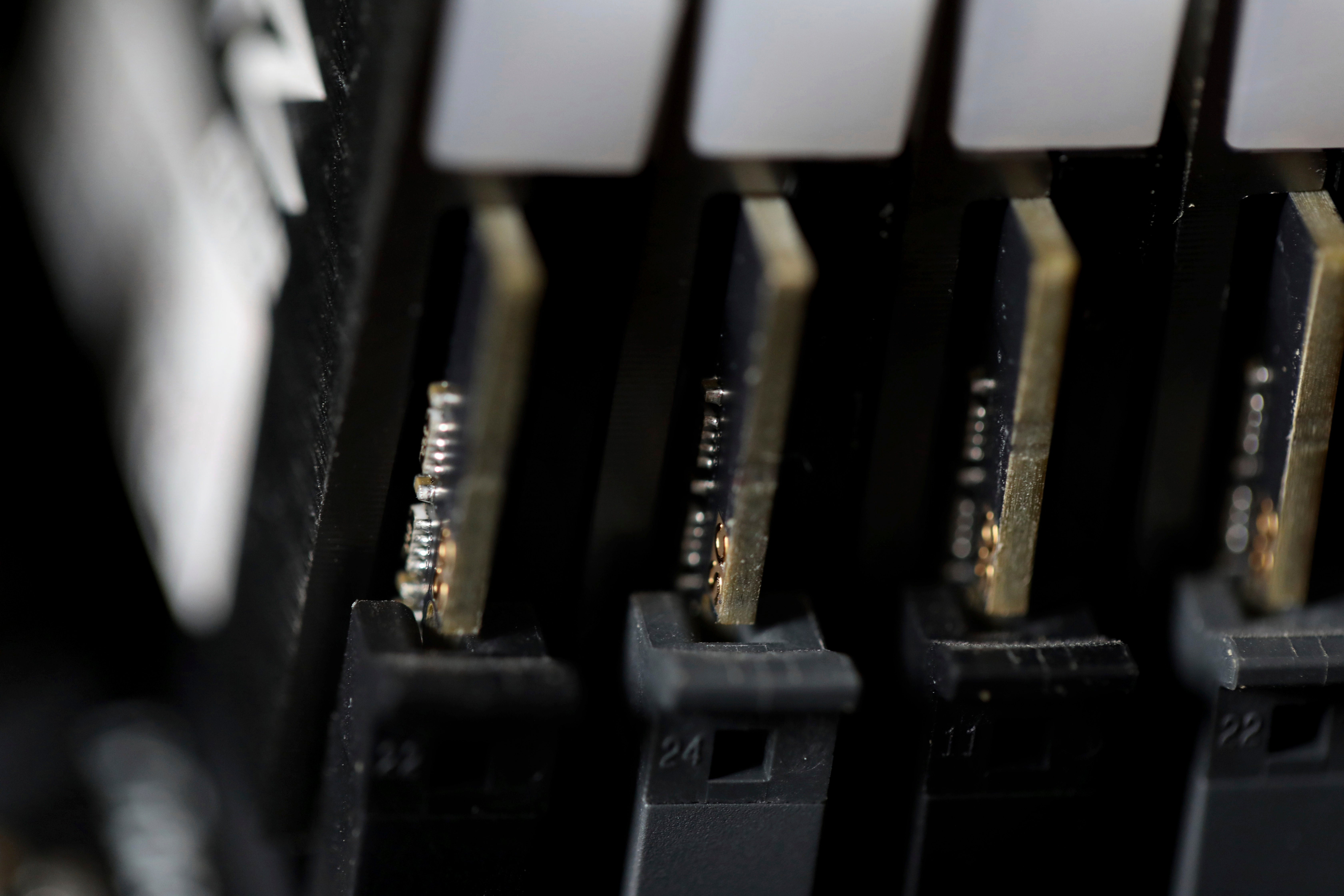$10 million rewards bolster White House anti-ransomware bid
The Biden administration will offer rewards up to $10 million for information leading to the identification of foreign state-sanctioned malicious activity against critical U.S. infrastructure, including ransomware attacks

Your support helps us to tell the story
From reproductive rights to climate change to Big Tech, The Independent is on the ground when the story is developing. Whether it's investigating the financials of Elon Musk's pro-Trump PAC or producing our latest documentary, 'The A Word', which shines a light on the American women fighting for reproductive rights, we know how important it is to parse out the facts from the messaging.
At such a critical moment in US history, we need reporters on the ground. Your donation allows us to keep sending journalists to speak to both sides of the story.
The Independent is trusted by Americans across the entire political spectrum. And unlike many other quality news outlets, we choose not to lock Americans out of our reporting and analysis with paywalls. We believe quality journalism should be available to everyone, paid for by those who can afford it.
Your support makes all the difference.The Biden administration will offer rewards up to $10 million for information leading to the identification of foreign state-sanctioned malicious activity against critical U.S. infrastructure — including ransomware attacks — and the White House has launched a task force to coordinate efforts to stem the ransomware scourge.
It is also launching the website stopransomware.gov to offer the public resources for countering the threat and building more resilience into networks, a senior administration official told reporters.
Another measure being announced Thursday to combat the ransomware onslaught is from the Financial Crimes Enforcement Network at the Treasury Department. It will engage banks, technology firms and others on better anti-money-laundering efforts for cryptocurrency and more rapid tracing of ransomware proceeds, which are paid in virtual currency.
Officials are hoping to seize more extortion payments in ransomware cases, as the FBI did in recouping most of the $4.4 million ransom paid by Colonial Pipeline in May.
More details on the new measures were expected later Thursday.
The administration official would not comment on whether the U.S. government had a hand in Tuesday's online disappearance of REvil, the Russian-linked gang responsible for a July 2 supply chain ransomware attack that crippled well over 1,000 organizations globally by targeting Florida-based software provider Kaseya. Ransomware scrambles entire networks of data, which criminals unlock when they get paid.
Cybersecurity experts say REvil may have decided to drop out of sight and rebrand under a new name, as it and several other ransomware gangs have done in the past to try to throw off law enforcement.
Another possibility is that Russian President Vladimir Putin actually heeded President Joe Biden s warning of repercussions if he didn't rein in ransomware criminals, who enjoy safe harbor in Russia and allied states.
That seemed improbable, however, given Kremlin spokesman Dmitry Peskov s statement to reporters Wednesday that he was unaware of REvil sites disappearing.
"I don't know which group disappeared where,” he said. He said the Kremlin deems cybercrimes “unacceptable” and meriting of punishment, but analysts say they have seen no evidence of a crackdown by Putin.
___
Associated Press writer Daria Litvinova in Moscow contributed to this report.